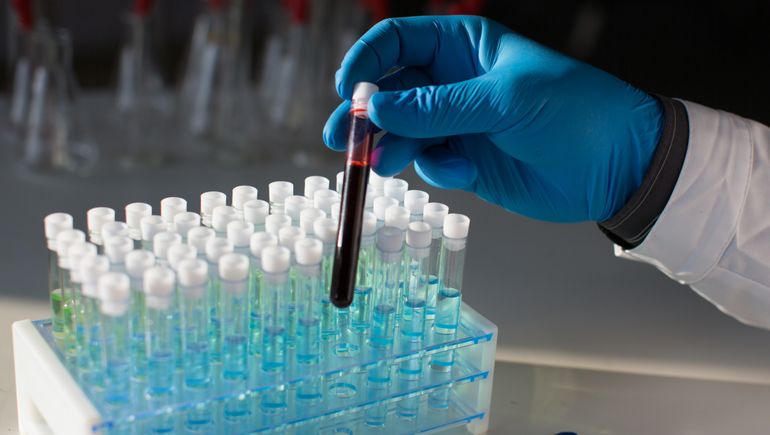Dive Brief:
- Harbinger Health has raised $140 million to clinically validate a blood-based cancer screening test ahead of a planned launch in 2025.
- The test is designed to identify epigenetic changes that signal the start of tumor development. By looking for common epigenetic changes, rather than focus solely on genetic biomarkers, the startup aims to overcome challenges related to the genetic divergence and evolution of tumors.
- Harbinger will use the series B funding to complete a 10,000-subject study of its test, expand its commercial team in preparation for launch and start additional trials in high-risk populations.
Dive Insight:
Developers of blood-based multi-cancer screening tests such as Illumina’s Grail use genomic sequencing and other approaches to detect signals from cell-free DNA (cfDNA) methylation, mutations and analytes including proteins. Analyzing the signals, in some cases using machine learning, may identify cancers early and enable patients to receive treatment while their chances of long-term survival are high.
Flagship Pioneering, the venture capital fund that created Moderna, launched Harbinger in 2020 believing that it has a better approach to multi-cancer early detection. The model combines artificial intelligence and insights into an epigenetic-based biological program that is shared by most cancers.
Earlier this year, Harbinger found its test has 82% overall sensitivity of cancer detection at 95% specificity in a study of 1,046 subjects. Most, 621, of the subjects had newly diagnosed, treatment-naive cancer. The other participants had no history, diagnosis or cancer symptoms. Sensitivity for stage 1 cancers, the earliest type, was 74%. Stage 2 sensitivity was 84%.
Differences between studies mean cross-trial comparisons can be unreliable, but the results suggest the Harbinger test may be competitive. Grail used a higher, 99.5% specificity in a key study, minimizing false positives and making comparison to Harbinger challenging, but published results at 95% specificity early in development. At 95% specificity, Grail’s sensitivity for stage 1 to 3 cancers ranged from 56% to 90%.
Harbinger’s analysis focuses on patients with the earliest stage cancers. Physicians have effective ways of treating many tumors identified at those early stages but lack the means to diagnose cancers before they progress. Harbinger is running its 10,000-subject Cancer ORigin Epigenetics-Harbinger Health (CORE-HH) study to show its test can address the unmet screening need.
CORE-HH has an estimated primary completion date of December 2023, according to ClinicalTrials.gov, with full completion scheduled for July 2025. Harbinger plans to launch a laboratory-developed test for early cancer detection in 2025. Flagship Pioneering joined with new Harbinger investors including Pictet, Partners Investment and Catalyst to provide money to execute the strategy.

